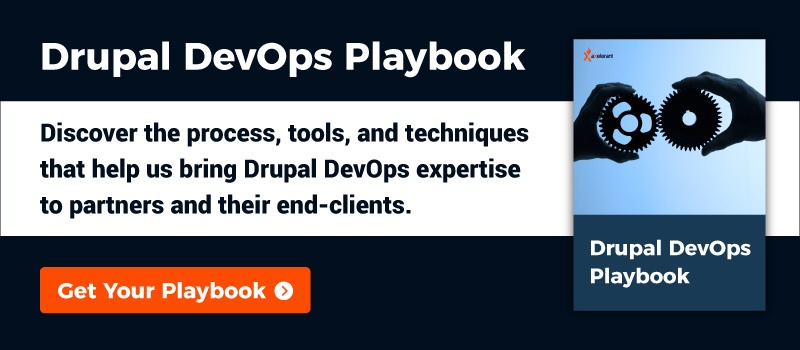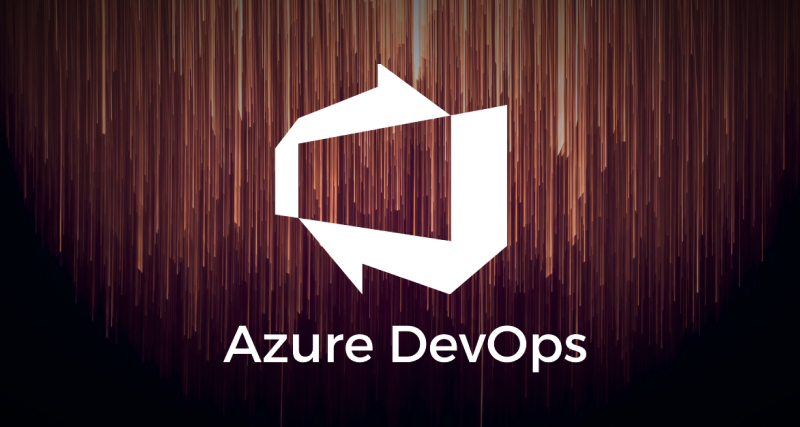Introduction
Granted, hiring DevOps talent is part of a bigger challenge. The requirements on businesses to stay competitive are becoming more and more challenging. Competition is increasing with globalization, the popularity of startups, and the entrepreneurial spirit. Consumers have higher expectations, desiring the brands that they buy from to be available to them anywhere and anytime, as well as to align with their values and lifestyle.
In order to stay profitable and viable, companies not only need to be active on social media, they also need to have engaging websites, offer valuable software, and to provide apps. This isn't easy for software companies much less for companies in other industries that have little or no connection to the tech sector. But it's a must.
To keep up with this demand, many organizations feel they need to hire at least one DevOps Engineer. And if the organization is large enough, they may even consider creating a DevOps division—it can be seriously expensive.
Typical DevOps engineer salaries
While many are of the opinion that DevOps talent salary ranges on Fortune, Glassdoor, Indeed, and PayScale aren't dependable but oftentimes decision makers take their budget to sources like these to make comparisons. We've collected some information from DevOps talent salary pages to consider.
Fortune: The level of education doesn't seem to impact the salary a DevOps professional can bring in. What matters is experience. A quarter of engineers with a master's degree make, on average, about $105,000. Whereas engineers with only a high school diploma earn roughly $107,000--if they have the right experience. With only six months of experience, engineers can expect to earn up to $90,000.
Large corporations obviously have the ability to pay more, and engineers here typically see an income of about $119,000. Smaller companies with revenues of less than $1 million will pay engineers about $87,000.
Glassdoor: Location can have an impact on salary too. While the national average for DevOps Engineers rests around $100,000, some cities will see average salaries as low as $68,000--obviously lower population, smaller towns--and other cities can expect average engineer salary to go as high as $142,000. In New York City, DevOps Engineers typically see a salary of $113,000. The low-end of this spectrum in the Big Apple will only dip to $85,000 and the high-end can reach $145,000.
The company worked for and level of experience can also have a significant impact on salary. At organizations like Nomis Solutions, Ripple, and NerdWallet, Senior DevOps Engineers pull in about $230,000. At IBM, Verizon, and Amazon, mid-level engineers make about $112,000.
Indeed: To go into more detail about the location in relation to salary, DevOps engineers can expect to be paid significantly varying amounts depending on where they work. But it doesn't always follow the big city rule. Yes, New York City, Boston, Atlanta and other highly populated locations will often offer a higher salary--usually between $135,000 and $145,000. However, Los Angeles DevOps Engineers usually see a salary around $115,000. And the small town rule isn't always applicable either. In Tennessee, Nashville engineers will bring about $101,000, while the much smaller town of Cookeville will pay engineers about $103,000.
PayScale: Organizations looking to bring in DevOps talent need to remember that the salary doesn't tell the whole story of exactly how much you will need to set aside for this position in your budget. While you can expect to pay a basic salary of between $60,000 and $133,000, your DevOps Engineer will likely also expect a bonus and profit-sharing. Nationally, the average bonus for this position can be anywhere from $1,000 to $15,000. And when it comes to profit-sharing, companies can expect to shell out up to $19,000.
DevOps talent alternatives
 Companies that need support for their website or software development no longer have to hire a full-time or freelance DevOps Engineer. There are now other options. There are Devops agency solutions like ours.
Companies that need support for their website or software development no longer have to hire a full-time or freelance DevOps Engineer. There are now other options. There are Devops agency solutions like ours.
Organizations can now rely on long-term relationships with support and Continuous Delivery agencies. The benefits of outsourcing these services are numerous. Here are four important ones which shouldn't be left unconsidered:
1. More DevOps talent for our money
the first, and probably the most significant benefit is the lower cost. Instead of hiring one DevOps employee with a potentially narrow skill set and limited experience, by outsourcing companies can essentially get a fully functional DevOps team at a lower cost. This team will have a variety of skill sets and a combined experience that can span decades.
2. Scaleability when it matters
the second advantage of outsourcing is the flexibility of agency services. When a company hires a full-time employee, they're stuck with them. It would be expensive and time-consuming to terminate the employee and find someone else. When outsourcing, this problem disappears. If an engineer isn't a good fit for the company, the agency can just send someone else.
3. Maintaining authority
the third big benefit of outsourcing is increased control over the risks and costs of technology research and development. The engineers who are available through outsourcing are working with other clients. They are getting on-the-job training and experiencing in a vast array of areas that an employer would normally need to pay for through time or money. This experimentation and research come at a fraction of the cost to organizations that outsource.
4. Continuous DevOps talent advancement ensured
the fourth benefit that can be gained through insourcing is the fact that DevOps agencies typically create a strong culture among their engineers to keep everyone up on best DevOps practices. This is important because DevOps engineers thrive off of being part of a strong team and collaborating. Agencies often offer a deep pool of engineers who can provide peer-to-peer training and mentoring. When an organization hires a single engineer, this isn't available to them.
Choosing the best alternative
Here's the situation we're finding ourselves in: DevOps Engineers are in high demand. Because of this, it can be pricey to bring them into your company or even hire one as a freelancer. A common sense solution is to utilize the services of a dependable and affordable agency that can provide website support, Continuous Delivery, and DevOps services in a scalable way.

Nathan Roach, Director of Marketing
Germany-based consumer of old world wine and the written word. Offline you can find him spending time with his wife and daughter at festivities in the Rhineland.

 We respect your privacy. Your information is safe.
We respect your privacy. Your information is safe.




Leave us a comment